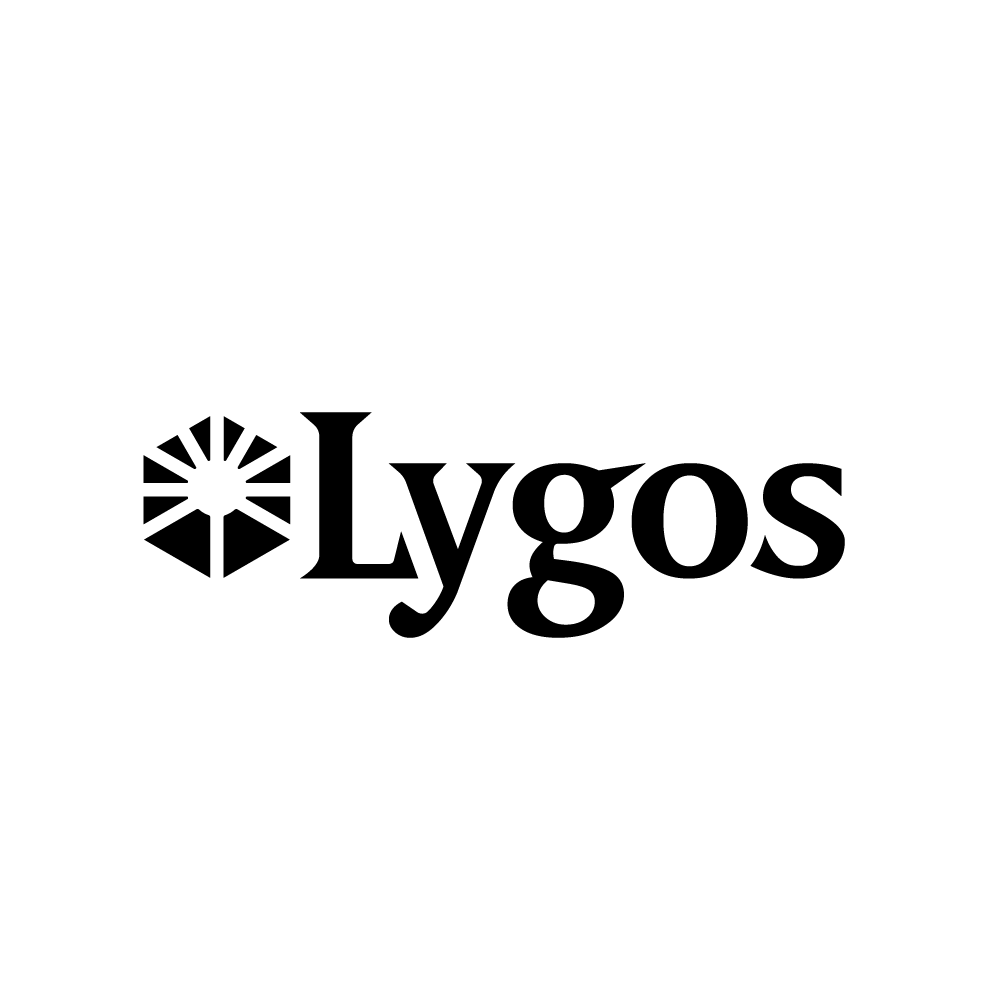
In 2022 the American Cleaning Institute (ACI ) launched an initiative to define and drive the use of more sustainable feedstocks in cleaning ingredients and products throughout the industry. The initiative aims to increase the number of cleaning products on the market that use more sustainable feedstocks.
A sustainable feedstock is a raw or recycled material used to meet the requirements of the cleaning product industry today without compromising the ability of future generations to meet their needs. A more sustainable feedstock reduces emissions, values nature, has increased transparency and/or contributes positively to the wellbeing of the global community. Learn more.
In 2023 ACI has asked its members to commit to using more sustainable raw materials in their cleaning products. To sign on to this initiative, ACI members identify ingredients that are material to their supply chain and set goals to drive sustainability in their supply chains.
Participating members are acknowledged below by the commitments they have made, and the goals they are striving for through ACI’s Sustainable Feedstock Pledge:
Goal 1: Identify relevant feedstocks, risks and sustainability opportunities across cleaning ingredient portfolios.
Goal 2: Increase the use of more sustainable feedstocks and feedstocks created with more sustainable production practices across cleaning ingredient portfolios.
Goal 3: Collaborate across the cleaning products value chain to drive increased transparency, availability and adoption of more sustainable feedstocks
Company Commitments:
Bronze Level
Croda is recognized for its commitment to the Roundtable on Sustainable Palm Oil (RSPO). Croda’s use of palm-derived raw materials is supported by RSPO supply chain mapping, certification, and transparency. Croda has been a member of RSPO since 2006. In 2022, 89% of Croda’s global palm derived raw materials were sourced with RSPO Mass Balance certification. In Europe and the Americas, Croda has achieved 99% transformation to RSPO.
Bronze Level
Henkel is recognized for their commitment to the Roundtable on Sustainable Palm Oil (RSPO). Henkel has been an RSPO member since 2008 and is committed to procuring 100% palm and palm kernel oil whose responsible sourcing is certified or externally confirmed by 2025.
Bronze Level
IFF is recognized for its commitment to the Roundtable on Sustainable Palm Oil (RSPO). IFF has been an RSPO member since 2004. By 2025, IFF commits to exclusively sourcing from RSPO members and ensuring 100% physical certification of RSPO palm oil, palm kernel oil, and their derivatives globally.
Gold Level
Inolex is recognized for their work on the following Sustainable Feedstocks:
- Inolex has increased the used of biobased ingredients with 59% of the carbon sold by weight from biobased sources with the remaining 41% from petrochemical origin*
- Inolex is dedicated to purchasing sustainable sugarcane-derivatives with 78% by weight purchased being Bonsucro certified*
- Inolex has been a RSPO member since 2012 and 100% of their palm and palm kernel derivatives are RSPO Mass Balance certified*
*Based on 2022 Data
Bronze Level
Lygos is recognized for their roadmap to developing their Soltellus polymer (a multifunctional, readily biodegradable polymer for laundry, auto dish and cleaners) from biobased sources. With their existing commercial production facilities and a recently announced new biorefinery located in Ft. Dodge, Iowa, their goal is to have 80% or more of their Soltellus polymer derived from biobased sources by 2029.
Bronze Level
Novonesis is recognized for their commitment to the Roundtable on Sustainable Palm Oil (RSPO). Novonesis has been an RSPO member since 2016 and in 2018 they achieved 100% sourcing of certified palm and palm kernel oil.
Bronze Level
Twin Rivers Technologies is recognized for their commitment to the Roundtable on Sustainable Palm Oil (RSPO). Twin Rivers has been an RSPO member since 2013. Twin Rivers is RSPO certified and has also instituted a supplier code of conduct that requires supply chain members to meet or exceed the responsible sourcing requirements of the RSPO.







